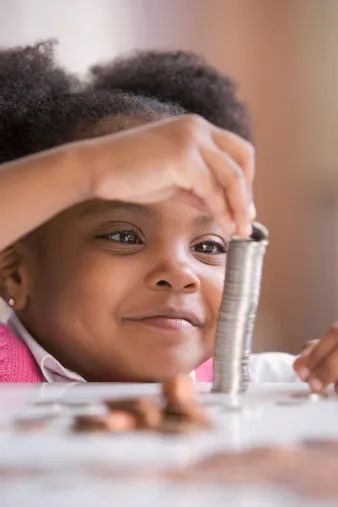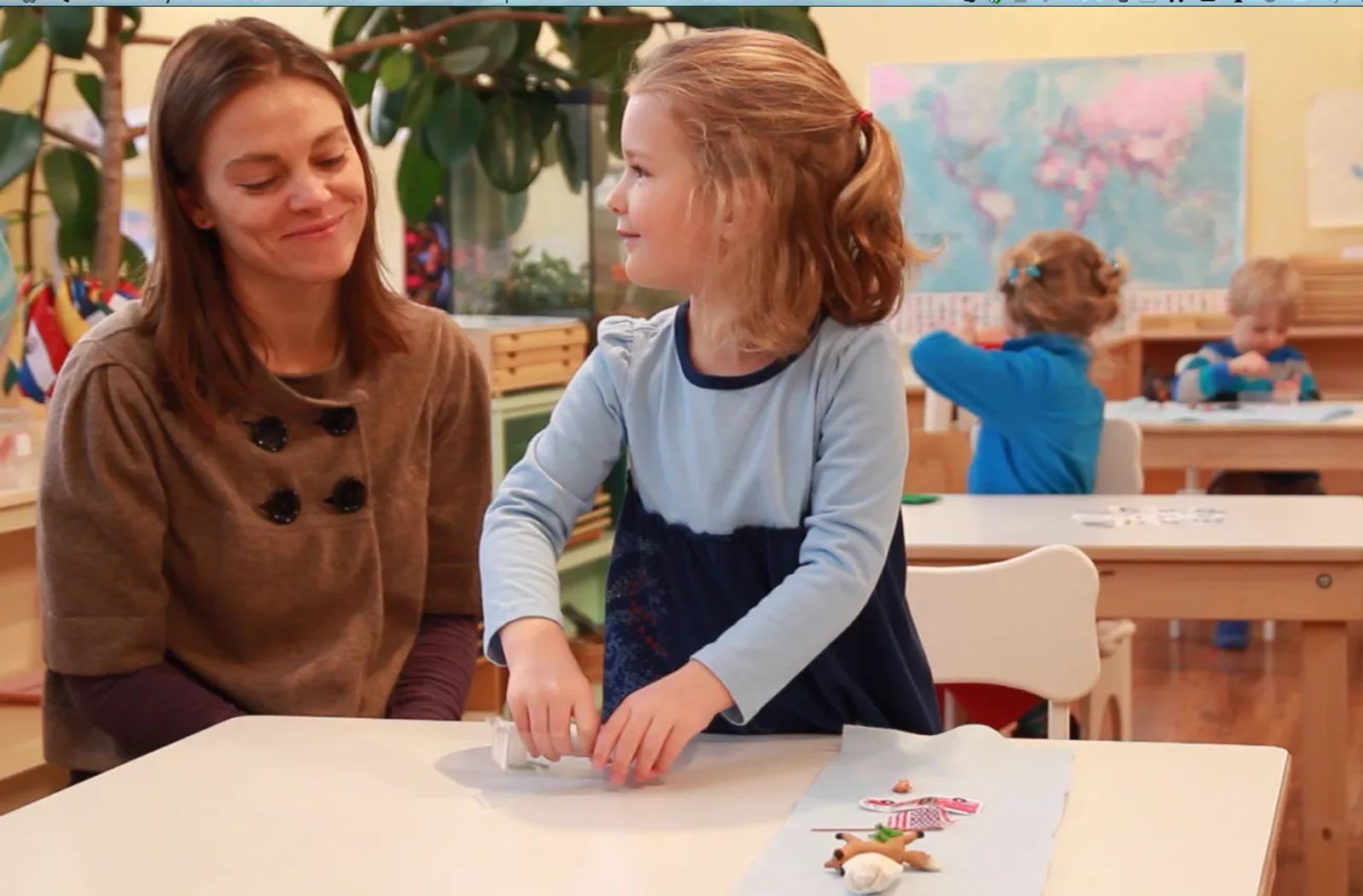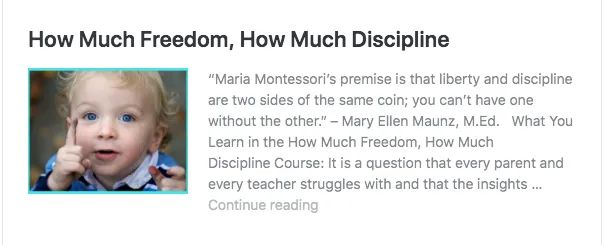The Ten Secrets of Montessori - #8 Liberty and Discipline
“Let us always remember that inner discipline is something to come, not something already present. Our task is to show the way to discipline.” -Maria Montessori
Maria Montessori uncovered secrets–ten to be exact. Lucky for us, Mary Ellen Maunz, M. Ed., founder and Program Director of Age of Montessori, is willing to share the treasure of information within these secrets, and to explain exactly what they can mean to you and your children. With these ten secrets, you will gain a rich understanding of the framework beneath the Montessori Method. Maria Montessori developed more than a revolutionary educational method; she discovered the true inner workings of the child’s mind. These ten secrets are based on her lifetime of observing children and recognizing what they really need to thrive.

Secret #8 - Liberty and Discipline
Liberty and discipline are two sides of the same coin.

Though they are perceived as opposites, liberty and discipline are in fact two sides of the same coin. It is natural to think of freedom as an absence of discipline, but according to Maria Montessori, when it comes to the true nature of the child, where there is a lack of discipline somewhere there is also a lack of liberty. The misconception that freedom equates to allowing children to just do “whatever they want” is a common one. In truth, discipline is an integral part of the Montessori Method, with the ultimate goal being to teach children to regulate themselves. In fact, the most important form of discipline for a child to master is self-discipline.
"To let the child do as he likes when he has not yet developed any powers of control, is to betray the idea of freedom." ~Maria Montessori
Liberty and Freedom
Through careful observation of the child, teachers and parents can provide the right activities for the child’s development.

In the Montessori classroom, children have the freedom to choose activities from a carefully-prepared environment. This is key! Without the carefully-prepared environment, we cannot provide true freedom of choice for the child. (For more about the prepared environment, click here.) Through careful observation of the child, teachers and parents can provide the right activities for the child’s development. The child is then drawn to the activities that most interest them according to the sensitive period(s) they are experiencing.
"The observation method is based on one foundation only--that children are permitted to express themselves freely, and thus reveal to us needs and aptitudes which remain hidden and repressed when there does not exist an environment which allows free scope for their spontaneous activity." ~Maria Montessori
Discipline and Self-Discipline
The most effective way to encourage self-discipline is to understand the child’s developmental needs...

When it comes to discipline in a Montessori setting, the focus is on self-discipline. Self-discipline is an essential skill that is the root of all success in learning and in life. People with the ability to self-discipline cope better with life’s stresses. They make better decisions because they listen to their own inner voice instead of external influences. Studies show that children who are taught self-discipline have higher academic success, better physical health, lower divorce rates, and are less likely to suffer addictions as adults. (How do you balance Freedom and Discipline?)
The most effective way to encourage self-discipline is to understand the child’s developmental needs, and prepare an environment rich with activities to meet those needs. The more the environment meets the child’s needs and the more freedom the child has to select activities, the more self-discipline he or she will learn.
"Without freedom it is impossible for personality to develop fully. Freedom is the key to the entire process, and the first step comes when the individual is capable of acting without help from others and becomes aware of himself as an autonomous being." ~Maria Montessori
However, it is important to understand that self-discipline is not a skill that is learned overnight; rather, it is the result of many years of development. Self-discipline is not an arriving point in children’s development, but a journey. Children learn self-regulation gradually and through many sources and strategies.
Online course! Learn how to balance Freedom and Discipline to enjoy a more peaceful home or classroom.
This 2-week interactive, online course is a great help for teachers and parents!





















